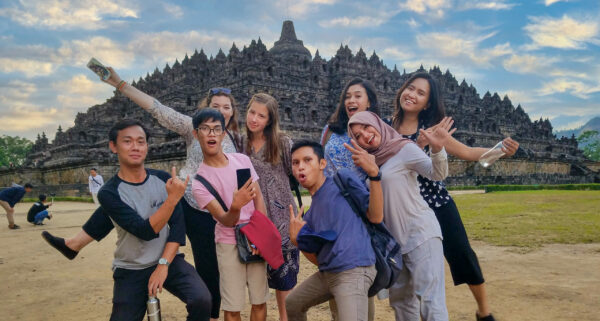Attention Students and New Professionals
Submit your profile for the chance to be featured on the AAA website and social media channels.
American Anthropological Association
2300 Clarendon Blvd., Suite 1301, Arlington, VA 22201
TEL 703.528.1902 • FAX 703.528.3546
2300 Clarendon Blvd., Suite 1301, Arlington, VA 22201
TEL 703.528.1902 • FAX 703.528.3546
The American Anthropological Association is a 501(C)(3) Nonprofit registered in the US under EIN: 53-0246691
Website developed by Fíonta.

Website developed by Fíonta.

©2024 The American Anthropological Association. All rights reserved.
Privacy Policy
Legal Disclaimer

